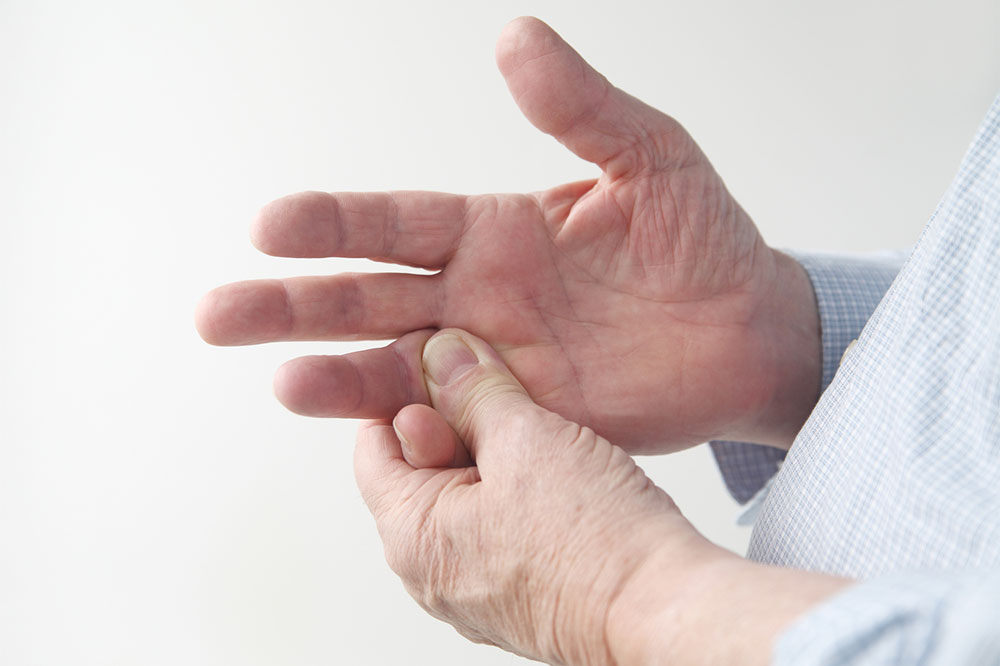Top 8 unusual eczema triggers

Eczema is a chronic skin disease that causes the skin to develop lesions. Here, skin irritation and itching are usually the first two symptoms. The skin condition is fairly common, with about 31.6 million people in the country affected by one of the forms of eczema. There are several known triggers of the condition, such as allergic reactions, cold and dry weather, and pollen. Here are some lesser-known eczema triggers:
Perfumes
The skin can absorb and react to different skincare products. However, unlike many cosmetics, the ingredients in perfumes can trigger flare-ups in those living with one or the other form of eczema. Most perfumes contain synthetic preservatives, chemicals, specific oils, and artificial fragrances, all of which are well-known skin irritants, making perfumes one of the most surprising triggers of eczema flare-ups.
Creams
Certain cosmetic or skincare creams contain chemicals such as salicylic acid, retinol, and glycolic acid. Each of these three ingredients can trigger itchiness and irritation when one uses such creams for a long time. People with eczema tend to have a relatively weaker skin barrier, which causes such chemicals to seep into the topmost layer of the epidermis, leading to moisture evaporation, dryness, and itching.
Clothes
Harsh fabrics like wool or synthetic materials such as nylon, rayon, or polyester cause overheating, making one sweat excessively if clothes with such materials are worn for longer periods. Sweating can make the skin itch. Further, rough seams, fastenings, threads, and fibers also irritate sensitive skin. So, people with eczema must choose clothes that let their skin breathe instead of woolen or polyester items.
Detergents, disinfectants, and paint fumes
Harsh ingredients in cleaning products, such as detergents, have been known to trigger eczema flare-ups. The abrasive chemicals and irritants in cleaning products, disinfectants, and paint fumes can cause skin irritation in those dealing with eczema. While buying detergents, people with skin diseases must ensure that the product contains gentle ingredients like white vinegar and no harsh dyes or preservatives. Also, if one comes into contact with such products, they should immediately clean the affected area with water.
Air pollutants
People living in areas with high pollution are more likely to experience frequent flare-ups associated with eczema. Such areas have warmer weather and poor air quality, increasing the chances of skin irritants entering the home. The warmer weather causes the air within the house to stop circulating as it should, increasing the concentration of and exposure to irritants. This then triggers an eczema flare-up.
Dust mites
Dust mites are known to cause and trigger eczema. Usually, dust mites set off an allergic reaction, increasing the risk of symptom flare-ups.
Pet allergy
Pet skin cells, especially the dead cells (known as dander), can trigger eczema flare-ups as well as aggravate conditions like asthma. Apart from pet dander, the saliva, vomit, or urine of pets can contain allergens or irritants. So, if one is allergic to pets, exposure to them can also trigger eczema symptoms.
Bedding
Sweat is one of the main triggers of eczema flare-ups. While sleeping, if the bedding material does not allow adequate ventilation, one may get sweaty. Those with eczema can scratch and itch due to overheating at night, worsening the skin condition.






